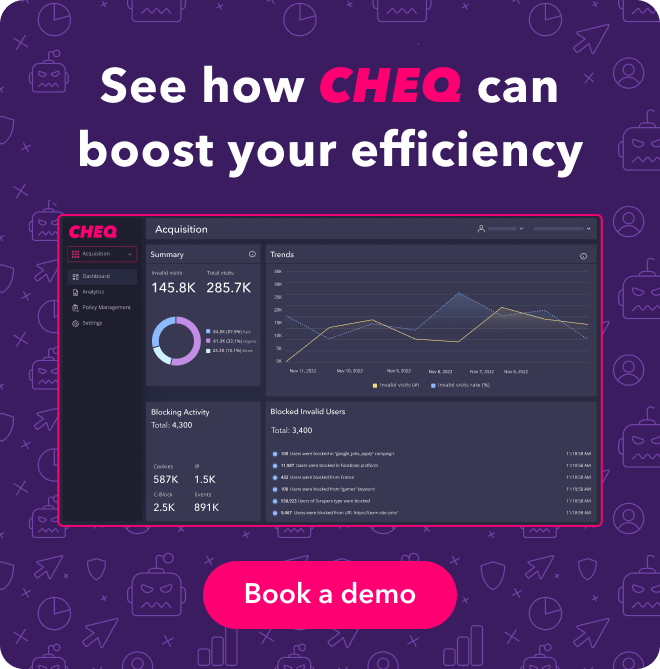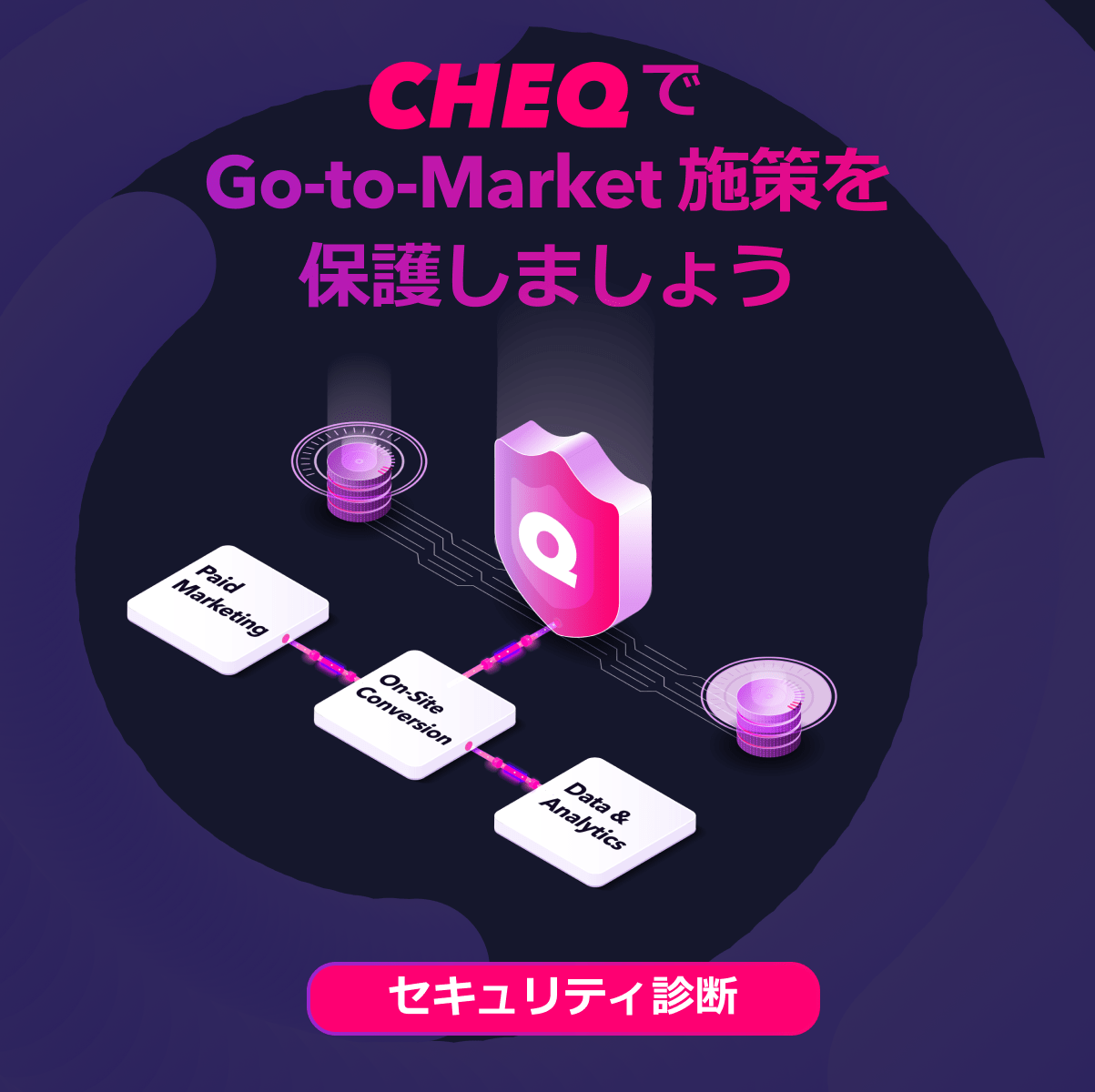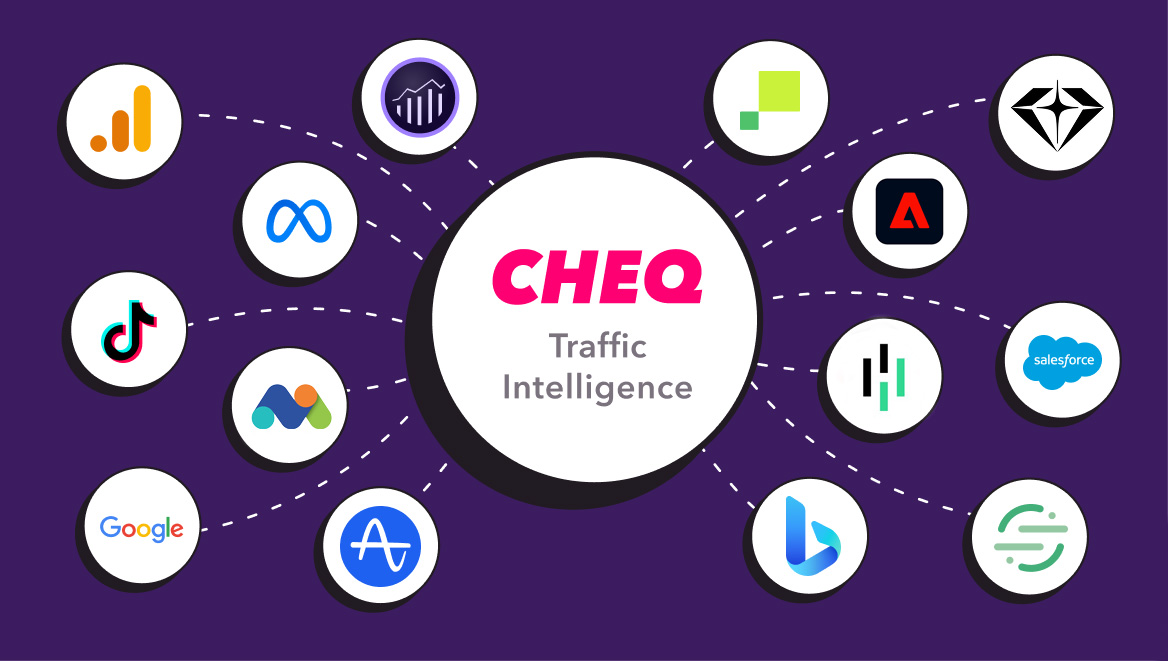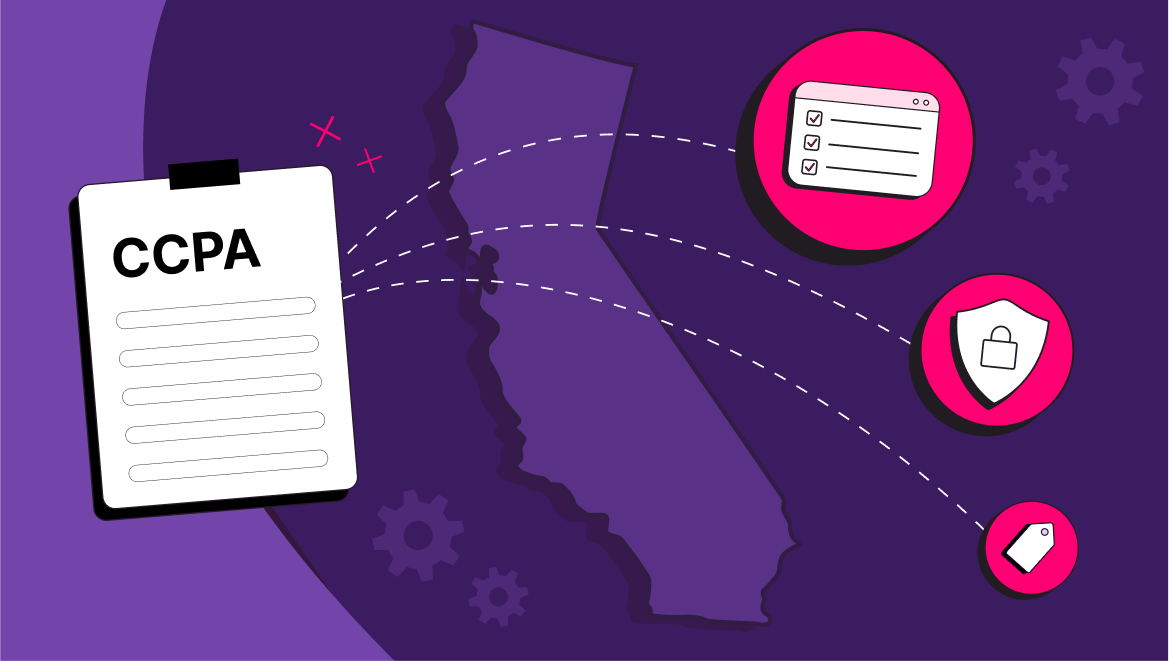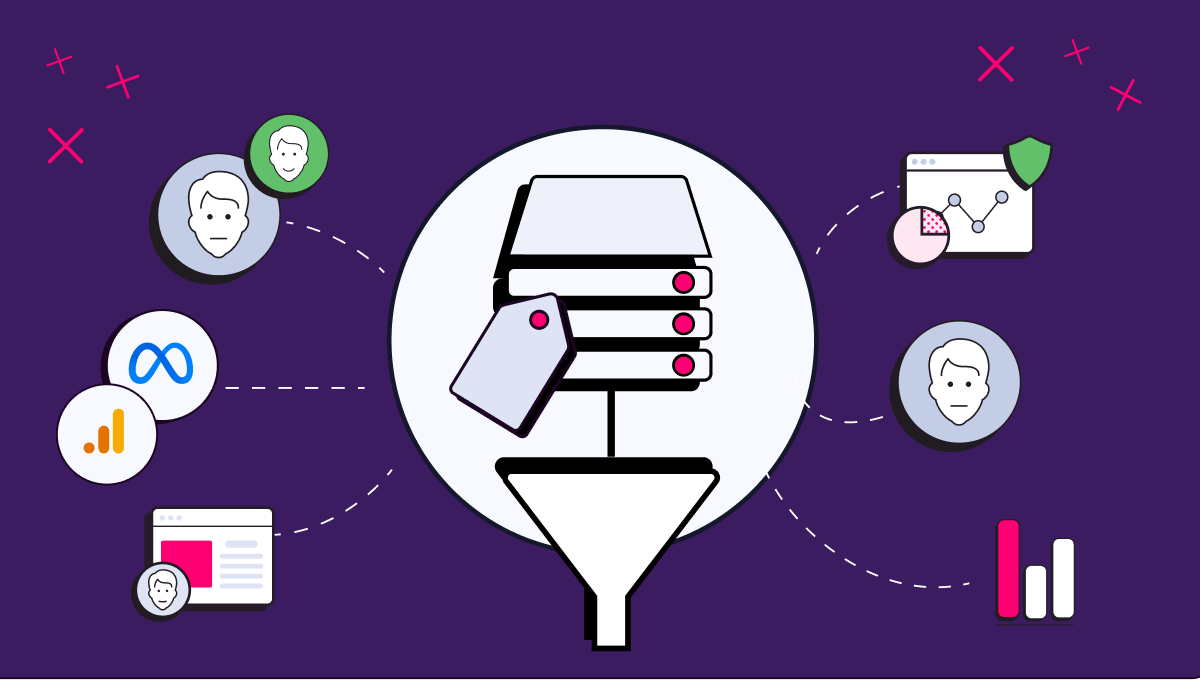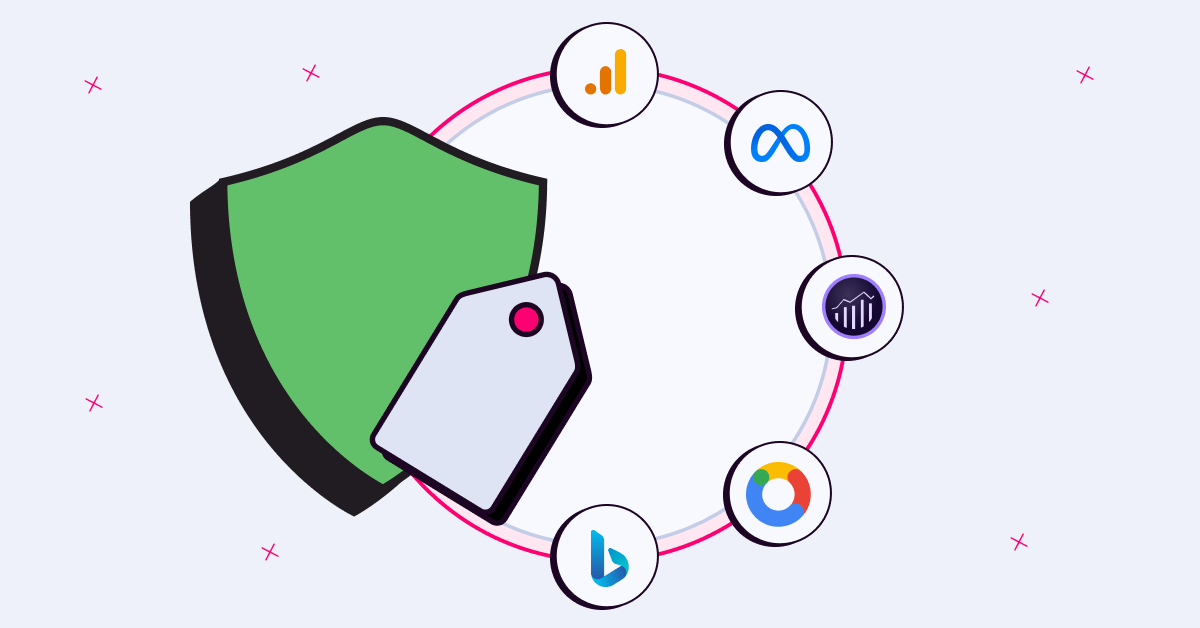Webinar Recap: How Junk Leads Impact Revenue Teams
Kerry Coppinger
|Announcements | December 04, 2023

In an era where businesses are redefining their priorities, the distinction between merely managing costs and actively pursuing operational efficiency has become increasingly crucial. Craig Rosenberg, Chief Platform Officer at Scale Venture Partners, emphasized this pivotal shift during a recent webinar titled “Junk Leads: The Hidden Cost On Your Revenue Team & How to Overcome Them,” hosted by DemandGenReport.
Rosenberg’s delineation of the “year of efficiency” versus previous emphasis on cost management set the stage for a profound discussion. “What we’ve seen this year has been primarily managing against costs,” he articulated, signaling the need for a holistic focus on efficiency in the forthcoming year.
The crux of the conversation revolved around understanding the impact of junk leads on business. Rosenberg shed light on the chronic issue of living with inefficiencies, stressing their amplified effects on current go-to-market strategies within Product-Led Growth (PLG) models, fast-moving B2B companies, and even agile B2C organizations.
“The junk lead thing is exasperated now. If 40% of the people coming in and signing up to schedule meetings with your sales reps [are actually fake leads], would that be bad? The answer is yes.” – Craig Rosenberg, Chief Platform Officer at Scale Venture Partners
Amy Holtzman, Chief Marketing Officer at CHEQ, dove deeper with a compelling real-world example. Holtzman revealed how one of CHEQ’s clients faced a significant predicament: around 20% of the leads streaming directly from their site to scheduled meetings with their Business Development Representatives (BDRs) were fake. The repercussions were staggering—a waste of over 20,000 hours annually, translating to an $800,000 loss. This example underscored the severity of the problem, illustrating the colossal impact that junk leads can have on operational efficiency and financial resources.
Holtzman expanded on the multifaceted implications beyond mere efficiency concerns. She highlighted the exponential increase in operational and data processing costs, the looming threat of security risks due to fake leads, and instances of promotional abuse associated with these leads. Her insights provided a comprehensive view of the myriad challenges that junk leads pose to businesses beyond the realm of efficiency.
Moreover, the webinar underscored that junk leads aren’t solely an issue of operational inefficiency but represent significant business risks. The detrimental impact on reputations and the strain on the symbiotic relationship between sales and marketing were emphasized as crucial considerations for businesses grappling with this challenge.
The experts’ recommendations called for systematic solutions, technological interventions, and a realignment of the sales-marketing collaboration to effectively combat the persistent challenge of junk leads. Craig’s enthusiasm for Holtzman’s example resonated, as he identified it as a “million-dollar problem,” stressing the urgency of recognizing and rectifying such inefficiencies.
The webinar served as a call for businesses to reassess their strategies, invest in technological solutions, and foster a collaborative environment to mitigate the adverse effects of junk leads. It urged a proactive stance in addressing this prevalent issue, steering businesses towards a more efficient and productive future.
In conclusion, the webinar was not just a conversation about the hidden costs of junk leads; it was a call to action—a plea to the business community to address this pervasive issue systematically. Holtzman and Rosenberg’s insights illuminated the path toward efficient revenue strategies, emphasizing the need for businesses to pivot, adapt, and invest in solutions that promise efficiency and resilience in an ever-evolving landscape. You can view the full webinar on-demand here.

